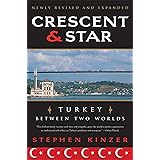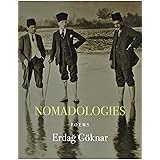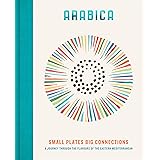IS
Cultural development isn’t easy. Let’s turn to something else: abstraction. Lightning had struck. A tree had burned. So, something burned, and ash remained. Where did this wood or tree go? What happened? What emerged? Humankind tried to abstract this in its mind as well. Therefore, this was alive. Five minutes ago, it was alive. Now it’s inanimate. Look, life is inanimate. He thought. He decided that what he drew as “life” and “es” was that, he created that abstraction as a line, and from there, he tried to derive words for himself. He added suffixes, roots, and brought things to the front and back. For example, like “beyond life.” That “beyond life” will also be the source of Zeus’s life. Write that down.
IS
Now let’s look at the word es. The word es, with its slash-like marking, means alive and still lives. We still use it. I’ve included examples. What do we say today? Esen, esenlik, esrik, or drunkenness, work, noun, look, these all have the same root. If you look at the Latin es, would you guess that it might have come from the Turkish used in English? Es and is have many meanings, such as life, soul, reminder, thought, possession, and so on, and have spread over time. Today, it’s a living root, unchanged.
OZ. OZAN
When we were relating this grammatically, we mentioned the word “oz” here. Westerners actually used the word “oz” very late. We used it very early. But the exact equivalent of the word “oz” is “esse” or “sense.” Look, it’s related to life and soul. Therefore, our linguists can’t analyze these words today.
Oz, as being Ozmaz, is, in a sense, the transition of one’s soul from this world to the next. Now, let’s put it this way, this abode that comes to the exact place. The word “ozan” is still alive in our language, isn’t it? What does “ozan” mean? Does it mean “the person who writes poetry”? No. To write poetry, you have to be intoxicated, that is, you have to be in another world. That’s what it means. Turkish is such a beautiful language. There’s neither a suffix at the end of the word “ozan” nor a suffix indicating that the person does this within themselves. It indicates that they do it for themselves. In other words, the ozan is both an intoxicated person and someone whose thoughts interpret life. You mentioned the afterlife of life, or you mentioned “ozmak”. In a sense, the ozan is a person. In other words, they are someone who goes to and from the afterlife. In other words, they are also someone who can hear, in part, again.
We called it Ozmak, we called it Zeus. Now, these have a commonality in this world. You’re talking about life’s afterlife, you said Ozmak; in a sense, it’s a poet. In other words, it’s someone who goes to and from the afterlife. In other words, it’s someone who both calls and hears. We called it Ozmak, we called it Zeus. Now, these have a commonality. Although world history doesn’t record it this way, it has a commonality. What we call Ozmak is the stage of transition to the afterlife that we use in Turkish. What does this happen with, what is it related to? With fire. As we Turks initially said in abstraction, fire falls, lightning strikes, destroying life, turning it to ashes. What did it do? It brought it up as smoke. In other words, it extinguished it. By burning its body, it allowed the soul within to reach the beyond. It both burns and ignites, and the living thing within, let’s call it the soul, takes it and carries it up. Kazım Mirşan Bey has extensive studies on Zeus.
He translated many words, including the word “oz” in Turkish inscriptions. We’ve included a few examples here, but all of them clearly express a connection to reaching the afterlife, and you’d understand it if you read them today. Ozu says “içiu” (inner world). Guess what “içiu” means? It’s about your inner world; what is “your inner world”? You came from God. God created you. It’s there for you. Therefore, the relationship between god and humanity, as it exists today in Sufism or Anatolian philosophy, was described with these syllables and words back then. Fire and ozmak are also used together. For example, he says “it dusts” the stones and monuments he erected in Asia. This ozmak, life, God, and the afterlife have been the most important themes from the beginning. At least a third of all the rock inscriptions in Kazakhstan today relate to the sky, ozmak, and fire and burning.
Ismet Zeki Eyüboğlu; OZAN, OZMAK
Hatice Şirin, Vocabulary of Old Turkish Inscriptions; OZ
Kul Tigin Inscription; OZ
Bilge Kagan Inscription; OZ
OTOZ
Mr. Erol, let us remind the audience of this here, if you please. Our monument in Yazılıkaya, in the Han district of Eskişehir , is a magnificent 17-meter-high monument that commemorates the ceremony of cremating God’s body with an autoz fire vehicle, ensuring its reunion with God. We have two intact inscriptions on it, one 45 cm high, the other 46 letters. Approximately 500 to 600 meters further on, in the smaller Yazılıkaya , there is the same inscription, this time in six lines. So, if you want, let us remind the audience that our monument in Yazılıkaya , Eskişehir’s Han district , actually commemorates the ceremony of burning his body with an autoz fire vehicle , ensuring it reaches the sky. It is a magnificent 17-meter-high structure. We have two intact inscriptions on it, the letters are 45 cm and 53 cm, and the other consists of 46 letters. Almost 500-600 meters ahead of it, in smaller Yazılıkaya, there is the same inscription, this time in six lines. So, there is a monument in a very easily accessible place in Ankara , Eskişehir , Bursa , Istanbul , and the inscriptions on it were read, explained, and written by Kazım Mirşan. Have you seen any criticism, positive or negative, so far? No, as you said, academic life has already turned a blind eye to these. There are so many linguists in Ankara , how many of them have been there? But Ankara is very far, you know. Can we go there by train in time? Can we go there and examine these documents of Turkish history on site? At least Let them criticize and say that, as Kazım Mirşan said, these are not Turkish inscriptions, they are Greek, Phoenician, Hebrew, go ahead and read them. The letters are there, the writing is there. And when we say this, they show unnecessary resentment. So, as Turkish academics, you will turn your back on such valuable works of the Turkish nation. And when we remind you, you will get angry. Will that be so? Well, go ahead, I interrupted you.
The use of the word Otoz in the West in the 1500s The use of the word Zeus in the 1500s If we go to the first article, you go to Mahmud of Kashgar in 1070. He wrote this word in 1070 If that word was written in 1070, who knows how many thousands of years he has been saying it Therefore, we need to protect Turkish history a little bit, Turkish history is everyone’s history as Mustafa Kemal said So it’s meaningless to make a discrimination here But these lexicographers and historians keep doing it What are their aims, unfortunately, we do not understand.
One of the oldest inscriptions, called the man in the golden suit, was found in Almaata and is on a silver plate. This inscription inside a black circle, which we call the silver plate inscription. The expressions in this inscription have been studied by five different academics. One of them is Kazım Mirşan . In his reading, Kazım Mirşan, very different from the others, refers to obos, or Zeus. He says this is Zeus, but he is not the Zeus of the West. He is the creator who struggles with that legendary father of the West, but he is a god. Look, the god leader. You know, sometimes we abstract, we say, a man like a prophet. Now, like him, Kazım Mirşan, while making this translation, says that the person has passed to the level of god and has reached the afterlife and that he is an honorable person who demonstrates the respect, dignity, work, and dedication required to reach there, especially in his translation.
OZMAK
Therefore, for a leader to be an omen in the Turks, one is to do good for the world and its people. Two, to take good care of nature and its resources. Three, to cherish human life. Now, when you do this, you can go to heaven, you can become an omen. Omen is a process of achievement. This is the writing of a person who went through that process, an ancestor of ours. If you read Kazım Mirşan ‘s analysis, let it be remembered. Because, as you said, there have been many readings, and it was also determined from the bone structure of the blood corpse that he was 16 years old. Here I am, 28 years old, and I was killed. No. There are also absurd readings circulating, and all of them never explain how they read each letter. Kazım Mirşan , however, presents these with a purely mathematical program, reading each letter the same way. If you tell our youth to read the inscription on the Yübis Kap, the memory of our youth will be as follows: “He is an arrow warrior whose nobility, that is, his life style, is remembered with praise and who has also passed to the other world.” In other words, the arrow is an arrow nation that is also our nation.
He says, “He is a respected person who has been purified from his sins and taken to the afterlife by passing to the divine realm.” And you mentioned the Turks of Arrows, and it’s clear from their works and inscriptions that in that period, before they even called them Turks, they used arrows and expressed themselves as such. The symbol of the arrows is the cross used by Christians today. That has nothing to do with the cross. It’s four arrows pointing to the middle point, and it means we are sovereign everywhere in the north, south, east, and west. So, Kazım Mirşan ‘s Book of Balbals, which I recommend to everyone and is a very good book. You can see and interpret the use of these words there.
Let me tell you, this is a Turkish version you can understand even today, just like the Ubos or Zeus issue. When we reach our point, according to the rules of our Turkish language institution, we say Deus or Ozmak and then proceed to say Zeus. Zeus, Zeus, these are the same words; god, creator, and so on. We’ve written all those main roots here on the left in almost every language. Now you see here, they all have i, e, a, o, plus we’ve said it, it, at, ed, and so on. This conveys ownership. The power, justice, thing, whatever.
- Hava = Air Es=root of the verb to blow / Esi=the act of blowing >> a blow, ~breeze feeling
- Heva-Esi =air blowing (a feeling of air blowing in the mind or a sensation or breeze of thought in the mind )
- Heves = desire /whim
- Enthusiasm / Enthusiasm = to like and desire Enthusiasm > Eslemek > İstemek = to want / to ask for / ~to desire Hissetmek = to feel / to sense / ~to perceive Ankara Havası = (feeling) the cultural atmosphere of Ankara His /intuition /sezgi = feeling / sense / intuition Hissi >> Esi = (the sense of) / the feeling of..
- Havası / Hevası / Hevesi >> its aura / its enthusiasm/ its passion >>
- Esi -Esi= feeling of desire / the urge for verbs Heves-u bar > hevesi var > -esi var -Esi Var = have an urge/ feel a desire/ an inclination /have an eagerness / take up a passion -Esi Yok = have no eagerness / not feel a desire / not take up a passion (Git-e-esi var) Ali has the urge to go home = Ali feels the urge to go home / Ali feels like going home (I have no work today) I have no desire to work at all today = I want to do this ( ’cause I like doing this) >> I feel like doing this (Su iç-e-esi-n bar ma-u) Do you have water? = Do you feel like drinking water? (Çay iç-e-esi-n bar ma-u er-di) Did you have tea? = Would you like to drink tea? to derive verbs from adjectives Kanık-esi-mak = Kanıksamak = feeling like it’s something ordinary and treat this way >> to take for granted Yañılı-esi-mak > Yanılsamak = feeling like it’s wrong Su-esi-mak= Susamak = feeling the urge to drink water = be thirsty Durak-esi-mak = Duraksamak = feeling the urge to stop oneself =~ to pause oneself Yüksel-esi-en-mek > Yusünmek = feeling like it’s burdened on oneself by a word =~ to be touchy Umur-esi-Ma-mak > Umursamamak= feeling like it’s unimportant= not to give a damn -Esi =(conveys a sense of.. / a feeling of.. / being like / similar in nature) for objects Bebek-Esi > Bebeksi =(just) like a baby >> babyish A babyish skin =(just) like a baby skin A childish face =(just) like a child’s face It feels like a feeling of burning smell It feels like it’s close / tending to be close /~must be / > possible (to happen) Bit-esi = ~expected to reach result Körsosyal= ~is asked to be blind Kahrolasıca= ~as if it required to be destroyed /
Divan-i Lugat it Turk
oza. Old times.
The wise man of the past was barely a month: This is what the wise man of the ancient times said.
It is also used in the following quatrain:
Those who attained this goal. In ancient times, there were men
erdem begi bilig tag They were the masters of virtue, the mountain of wise words and knowledge
He had words of advice that gave advice.
My blindness is abundant, remembering them purifies the heart
was missing.
anig ati ozdi: His horse moved forward. This word is also used to describe a person who passes another person while running.
ozâr, ozmâq.
nutritious
This is the man who always puts his horse in front.
ozuq. F
ozuq horse: A horse that is leading in a race or similar.
It was broken.
He competed with me in a horse race. “He helped me in the horse race.”
The same word is used to say,
to be angry, to be angry.
Source: Divanı Lugat it Türk pp. 366-367 https://drive.google.com/file/d/1WsJMt4LmEJSnDaAqoio_A3H0MjLSTFvR/view
Kutadgu Bilig
152 The five-year-old, the great, the great,
these two evils have changed the service
l52 Consider knowledge great and understanding great;
these two things elevate the chosen servant.
It was 2420, Artuk Ozdurguci kerek, this person
is Kalı Öznese Begke Iltür Başı
2420 These people must be very distinguished;
if they rebel against the lord, their heads will be destroyed.
2602 negu tir eshidgil ozdurguchi beg er
budun bashlaguchi billig yig er
2602 Listen to what the ruler of the world,
the wise and good man who governs the people, says.
oz-; to pass, to go forward, to advance
ozu. 248
ozup , 2344
oza; before, before, 81 , 824,
856, 51 , 250, 1 236, 1475,
1 885, 2716, 2957, 4815
, 4993, 5151 , 5178, 5563,
5714, 5966, 6165
ozadın , 4521
ozakı , 1405, 4986, 5137,
5177, 5339, 5908, 6318,
6432
ozalkığ , 2699
ozuk ; superior; 2635
Source: Kutadgu Bilig

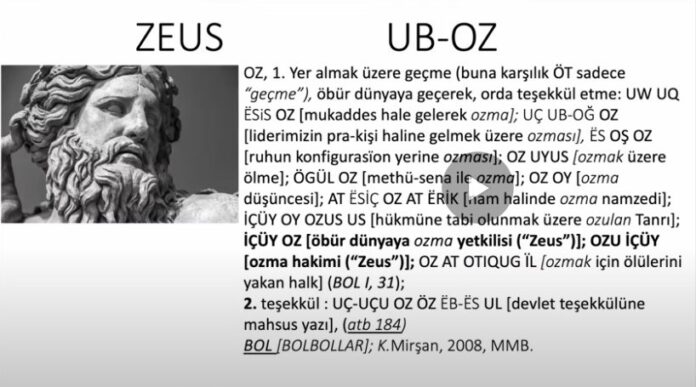
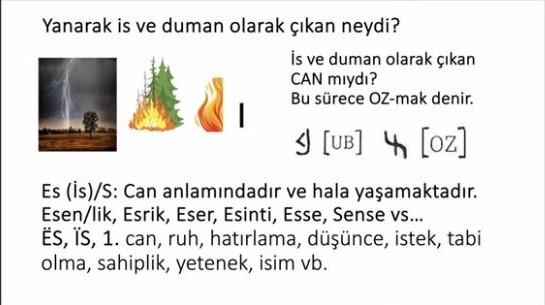
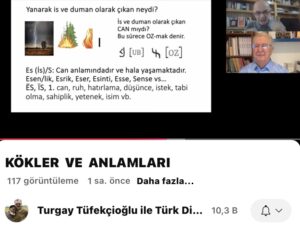
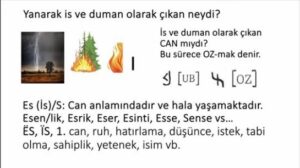
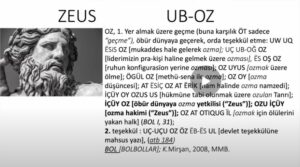
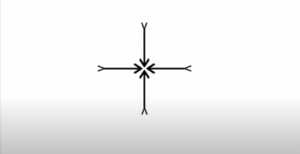
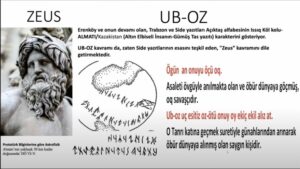
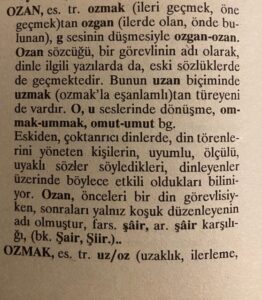
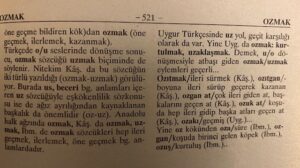
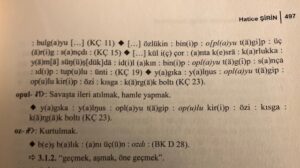

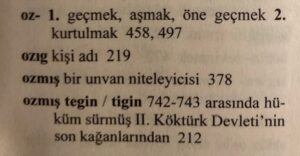
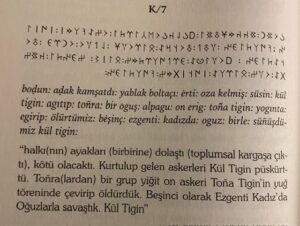
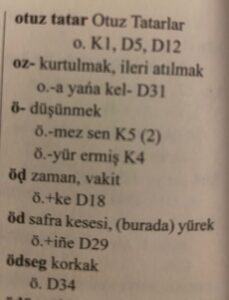
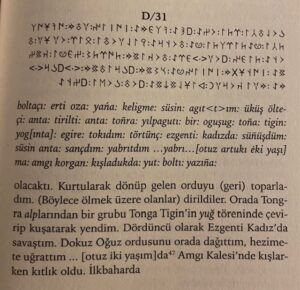
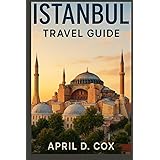
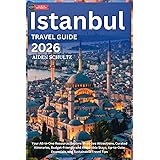


![Constantinople and the Scenery of the Seven Churches of Asia Minor [Complete. First and Second Series.]](https://images-na.ssl-images-amazon.com/images/I/71LIyz8qvkL._AC_UL160_SR160,160_.jpg)
